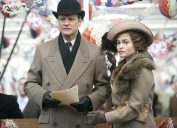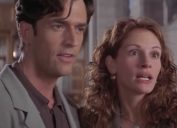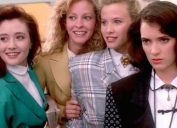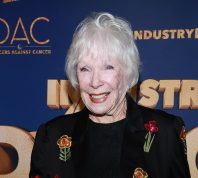20 Timeless Movies You Definitely Misunderstood
No, "500 Days of Summer" is not a love story.
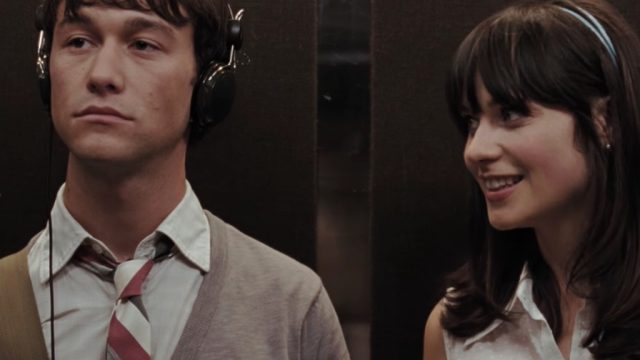
One of the great things about movies is how open they are to interpretation. Depending on when you see them—your age and mood and general disposition—your assessment of those movies could be wildly different than somebody who was even in the same theater with you. As they say, one person's trash is another's treasure, and vice versa. A movie's meaning can be fluid that way.
But sometimes, we just get it wrong. Hey, it happens. It could be popular opinion or it could be the cultural climate, but for whatever reason we, and millions of other audience members, just miss the point. Part of being alive means that sooner or later, we're all going to try appreciating art and have it totally go over our heads. That's par for the course. If we "got" every movie we ever saw, we're either liars or the most perceptive people who ever lived.
Here are 23 examples of movies we all thought we understood, but there was really more going on than we ever suspected. So read on, and have your mind blown!
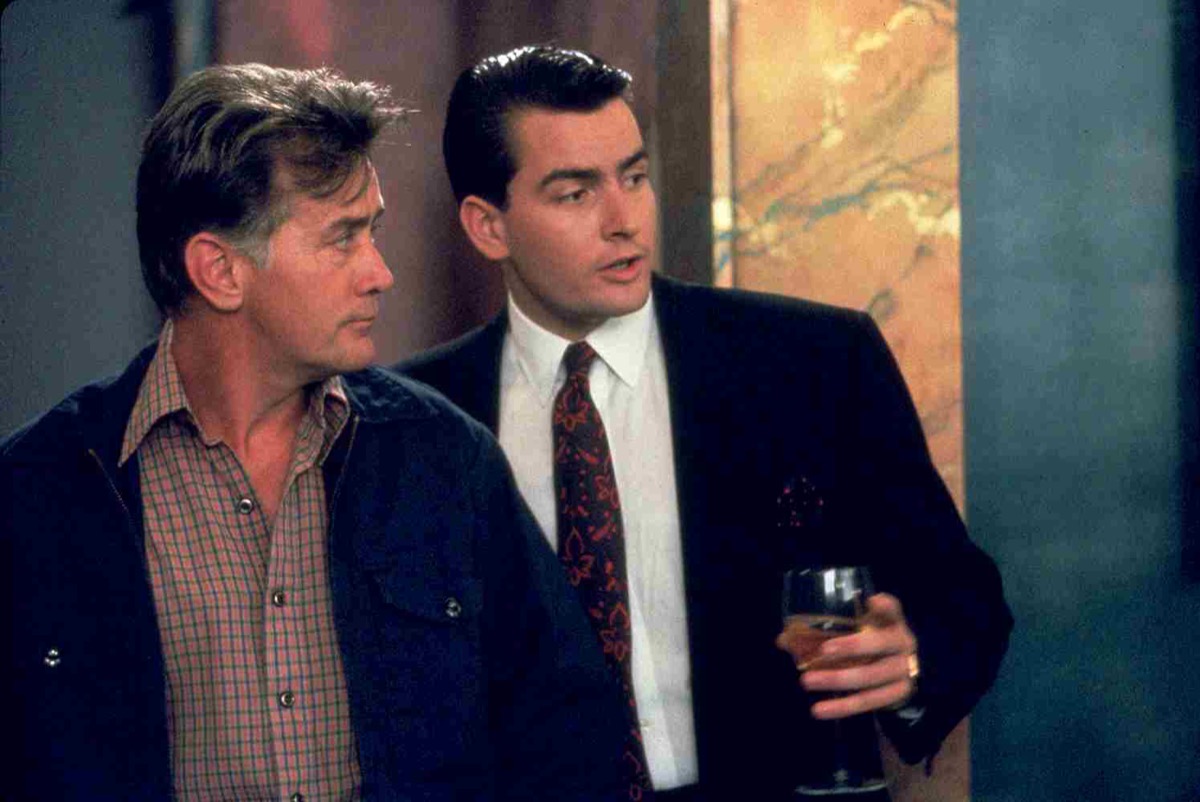
"Greed, for lack of a better word, is good." When billionaire investor Gordon Gekko uttered that infamous line in Oliver Stone's 1987 masterpiece of corruption and capitalism, Wall Street screenwriter Stanley Weiser was pretty sure the real message was being delivered loud and clear. Greed isn't good. Just the opposite, in fact.
Gekko's worldview isn't supposed to be applauded but booed. But this hasn't stopped viewers from thinking the exact opposite. "What I find strange and oddly disturbing," Weiser wrote in a 2008 LA Times essay, "is that Gordon Gekko has been mythologized and elevated from the role of villain to that of hero."
2
Black Swan (2010)
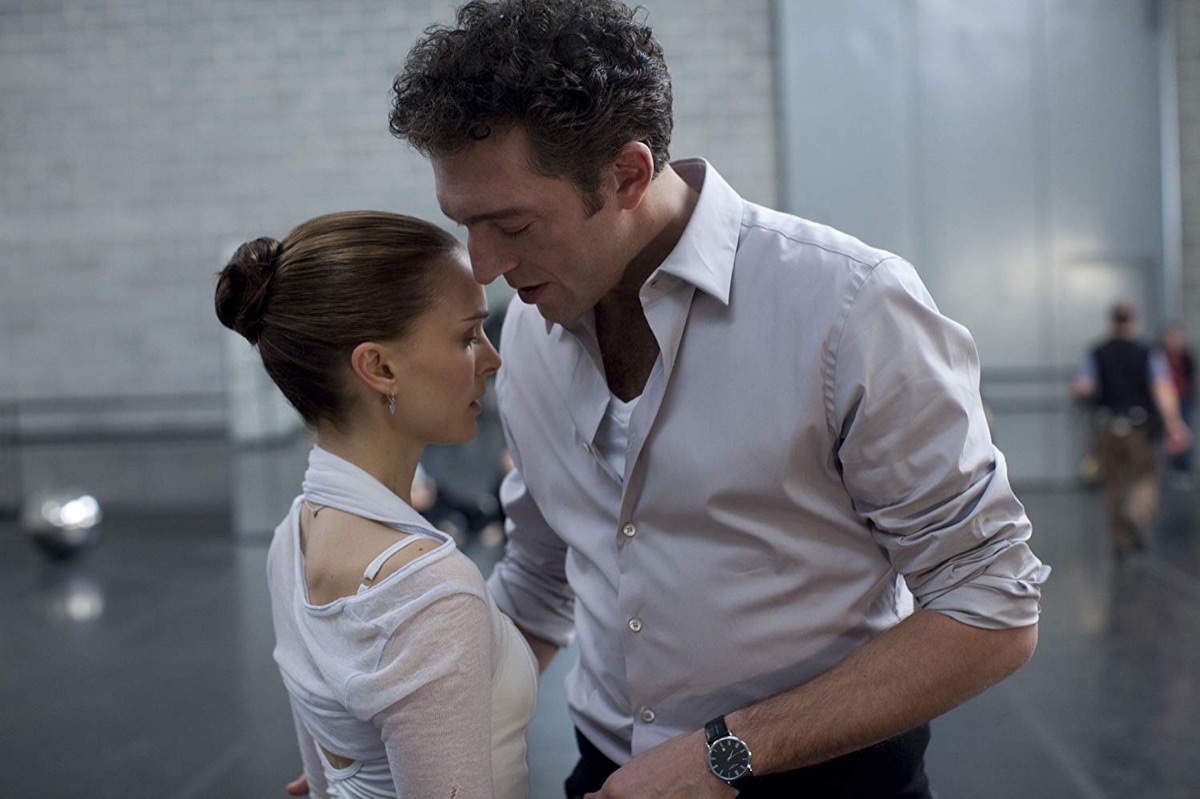
Ballet is everything to Nina (played by Natalie Portman), who fights against her own physical limitations and a talented nemesis to get the role of a lifetime in Tchaikovsky's ballet "Swan Lake." But some have argued that this isn't really a movie about ballet at all. Which is hard to fathom—isn't that like saying Ghostbusters isn't a movie about busting ghosts?
The New York Times made a compelling argument, claiming that director Darren Aronofsky's real objective was to "imply that a woman's truest fulfillment is as (heterosexual) lover, wife, and mother, and therefore that Nina's best artistic successes can never compensate for her personal sacrifices." In other words, it's a commentary on the theory that a woman's real place is in the home.
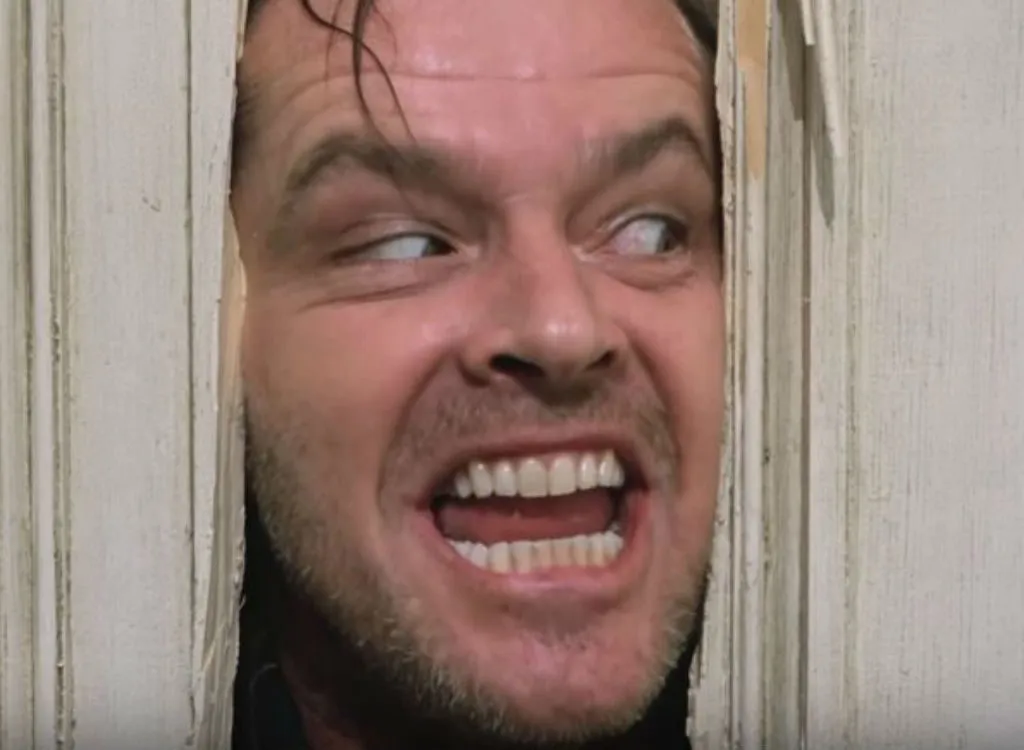
The vast majority of people who watched Stanley Kubrick's classic of horror didn't see much beyond the creepy ghosts lurking around every hallway in the Overlook Hotel. They were the reason novelist Jack Torrance (played brilliantly by Jack Nicholson) went insane and tried to butcher his family. Well, wait—not so fast.
According to no less an authority than Stephen King, who wrote the novel on which the movie is based, the story is really an allegory for alcoholism. You can be forgiven for missing that, however, as even Mr. King thought the message had been downplayed in the movie, and Kubrick turned his story into "a domestic tragedy with only vaguely supernatural overtones." But the connection between alcohol and madness are still very much there. In fact, it's only after being served booze by a ghost that Torrance becomes murderous.
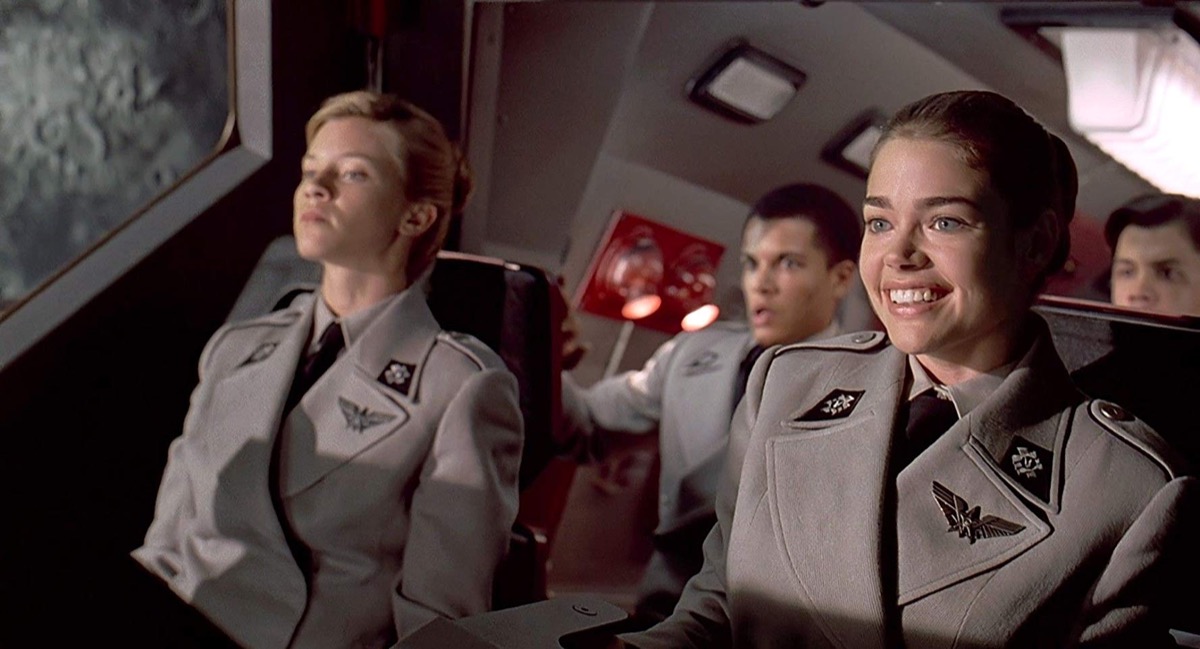
Director Paul Verhoeven has a long history of making action films that are more fun than substance—Total Recall is probably not going to be dissected in a lot of college "film theory" classes—so it's probably not a big surprise that this 1997 science fiction drama, about humans entering a war against hostile alien insect invaders, was dismissed as one-dimensional fluff. But as Verhoeven himself admitted in the DVD commentary, the film's message was really "War makes fascists of us all." Pay closer attention and you might find that it's really a satire of jingoism and blind patriotism.
5
Wizard of Oz (1939)
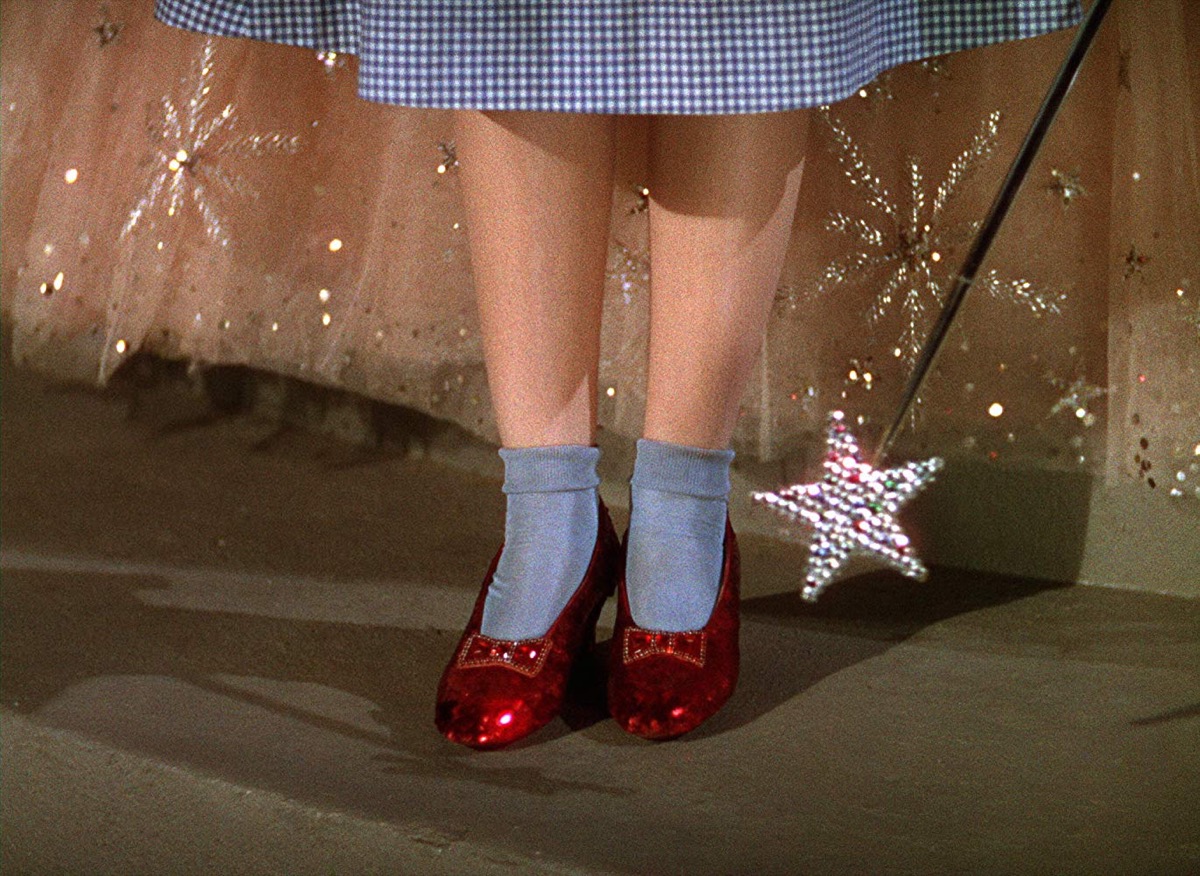
It's one of those ubiquitous movies that most of us have seen so many times that we can practically recite the dialogue by heart. But the story isn't what you think it is—according to one prominent theory first posed in the 1960s by a high-school teacher named Henry Littlefield.
Littlefield made the case that Wizard of Oz might actually be a political allegory for the American monetary policy of the late 19th century. Dorothy represents the average citizen, the Scarecrow is the farmers who can't pay back their loans to the bank, the Tin Man is the industrial worker, and the lion is William Jennings Bryan, a populist leader who championed adding silver to the gold standard. The Wicked Witch of the East represents the bankers, and her sister is drought—it's no coincidence she was killed by water. Even the name, Oz, is supposedly an abbreviation for an "ounce" of gold.
Now, let's be clear: this theory is just that: a theory. And it has no shortage of critics. However, if you buy it, you'll never look at the film the same way again!
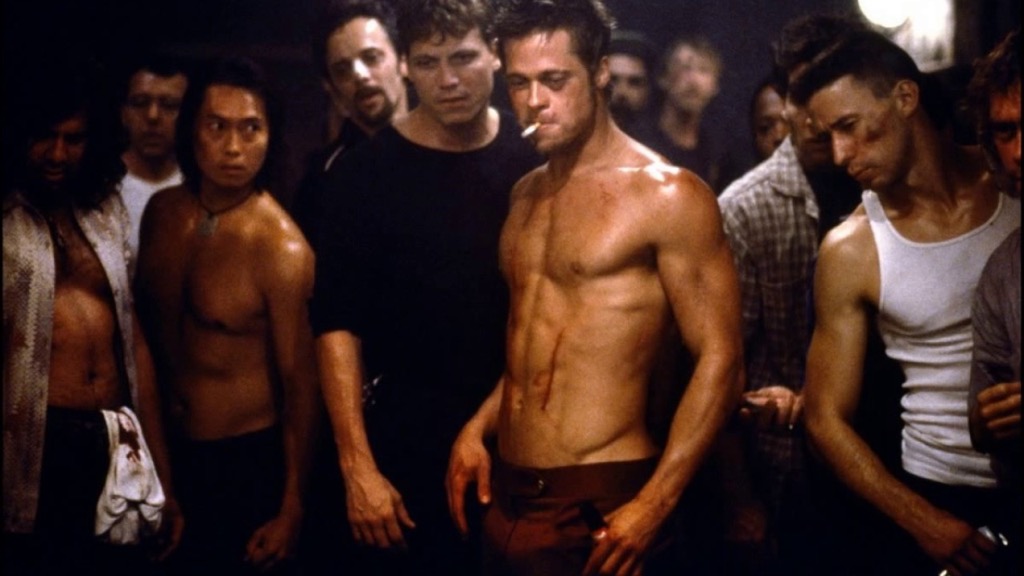
There's a lot to like about Fight Club's chief provocateur, Tyler Durden, played with effortless cool by Brad Pitt in this 1999 adaptation of the Chuck Palahniuk novel. He can be so charming that it's easy to forget, oh yeah, everything he represents is pretty much evil and wrong. But that didn't stop men around the globe from forming their own real life fight clubs, where they beat the snot out of each other and missed the (we think) pretty obvious message of the movie, that trading in numb consumerism for toxic masculinity is just taking something bad and making it worse. It's like Wall Street all over again—but with violence!
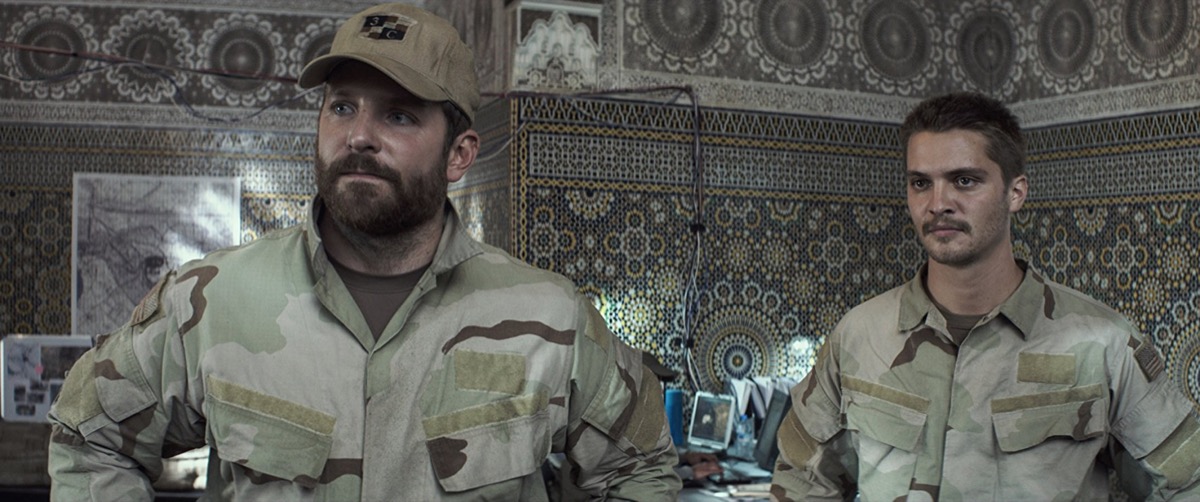
Few films have been as politically divisive as this Clint Eastwood-directed tale of Navy Seal sniper Chris Kyle, as performed by Bradley Cooper. Both sides of the political spectrum claimed the movie validated their point of view, with the left insisting that it portrayed an unjust war and the veterans victimized by it, and the right saying just the opposite, that it showed how the terrorist threat in the Middle East was being kept at bay by our brave soldiers. Everyone from Michael Moore and Seth Rogen to Sarah Palin and Kid Rock weighed in on it, but it turns out they were all wrong. The movie "certainly has nothing to do with any (political) parties or anything," Eastwood said in an interview. "There's no political aspect there other than the fact that a lot of things happen in war zones."
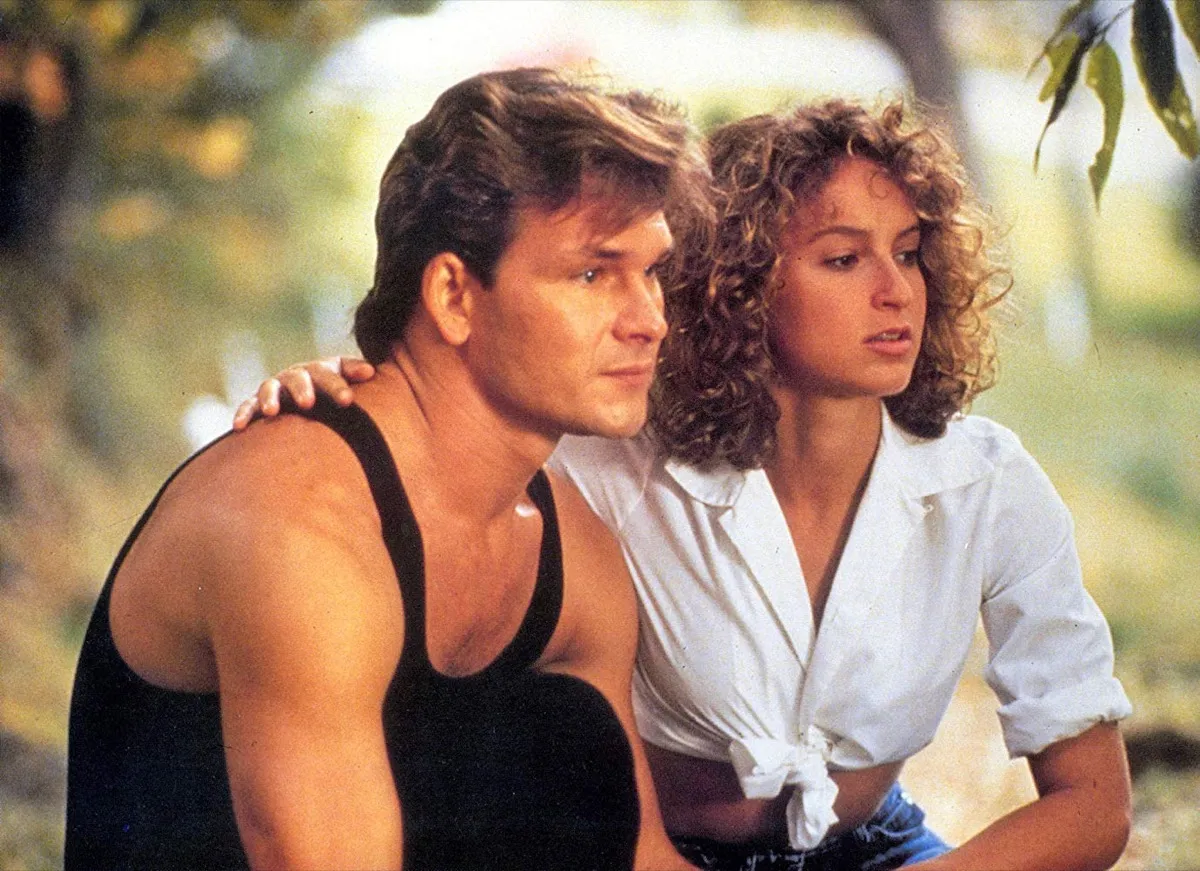
Roger Ebert famously dismissed Dirty Dancing as a "relentlessly predictable story of love between kids from different backgrounds." Even the movie's hardcore fans didn't try to argue that there was anything more to it than a foot-tapping good time, a rom-com with more dancing. While it's certainly a feel-good romance at its heart, there are themes here that dig a little deeper than simply having the time of your life.
Some critics have even called it a feminist masterpiece, a subversive rallying cry for women to assert their independence. After all, Baby Houseman, the movie's heroine, refuses to be pushed around by men and instead makes her own decisions. As one critic wrote, audiences watched a female character "choose and enthusiastically consent to sex, outside of marriage and everything, to enjoy it, to not regret it and to suffer no tragic karmic consequences as a result."
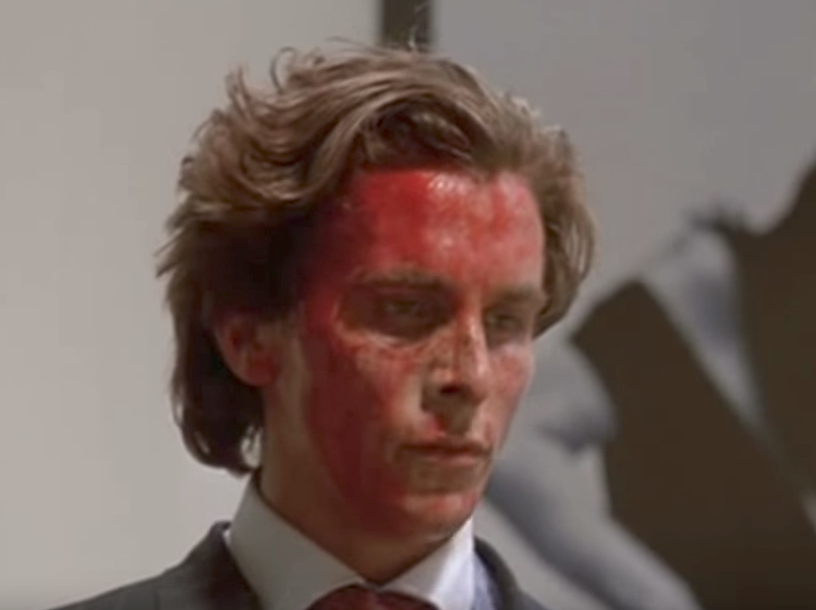
When American Psycho was released in 2000, a lot of people were very upset. They accused it of glorifying violence and being wildly misogynistic, completely missing the satire of this twisted tale of a serial killer named Patrick Bateman (played by Christian Bale). The director, Mary Harron, clarified this in the New York Times, calling the movie "a surreal satire, and although many scenes were excruciatingly violent, it was clearly intended as a critique of male misogyny, not an endorsement of it."
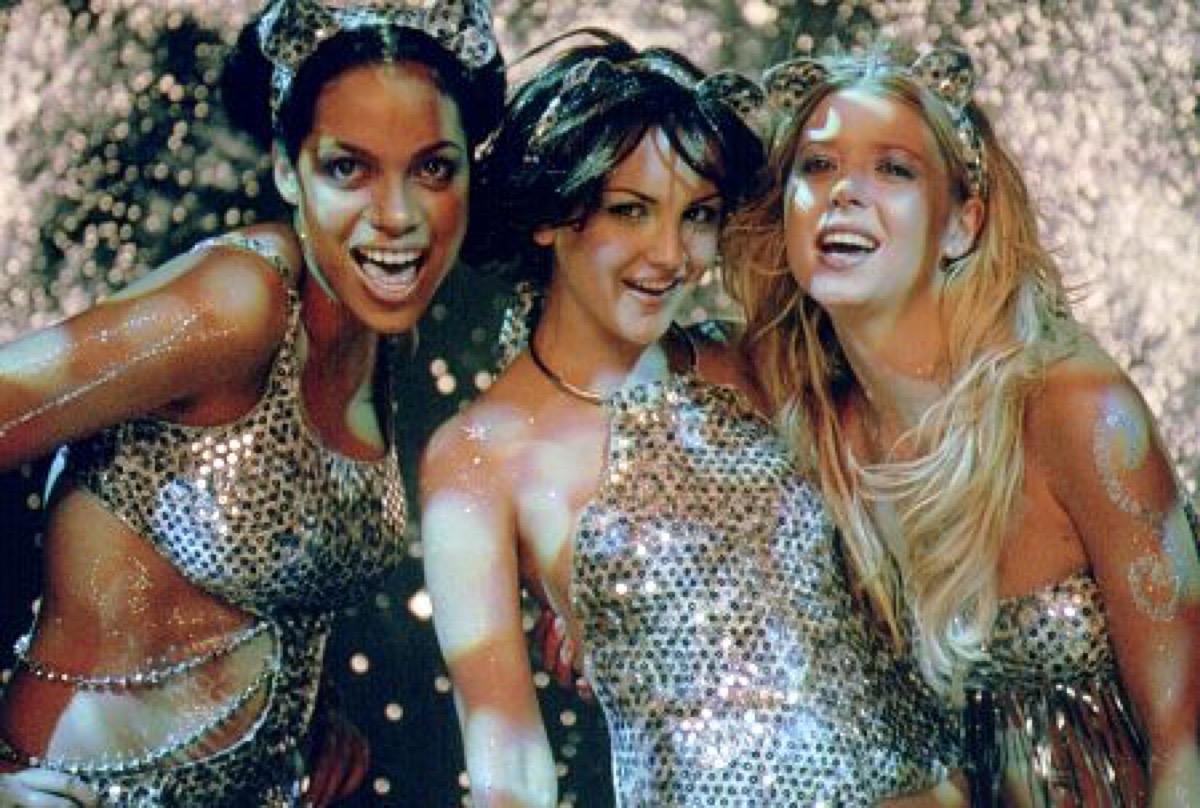
Anyone can be forgiven for thinking this teen comedy doesn't contain much of a message. Especially a movie like Josie and the Pussycats, which on first viewing can seem like an over-the-top MTV-style extravaganza that's short on substance and filled with blatant commercialism—73 different companies got product placement in the film, according to IMDB.
But watch it again and you might realize that the movie is actually lampooning what's some critics accused it of endorsing. "People didn't really get it," co-star Rosario Dawson has said. "But if you watch it now, it's so on the money—from media manipulation to endorsements and boy bands." Or as as one music insider put it, "It's almost the Idiocracy version of the music business."
11
Eternal Sunshine of the Spotless Mind (2004)
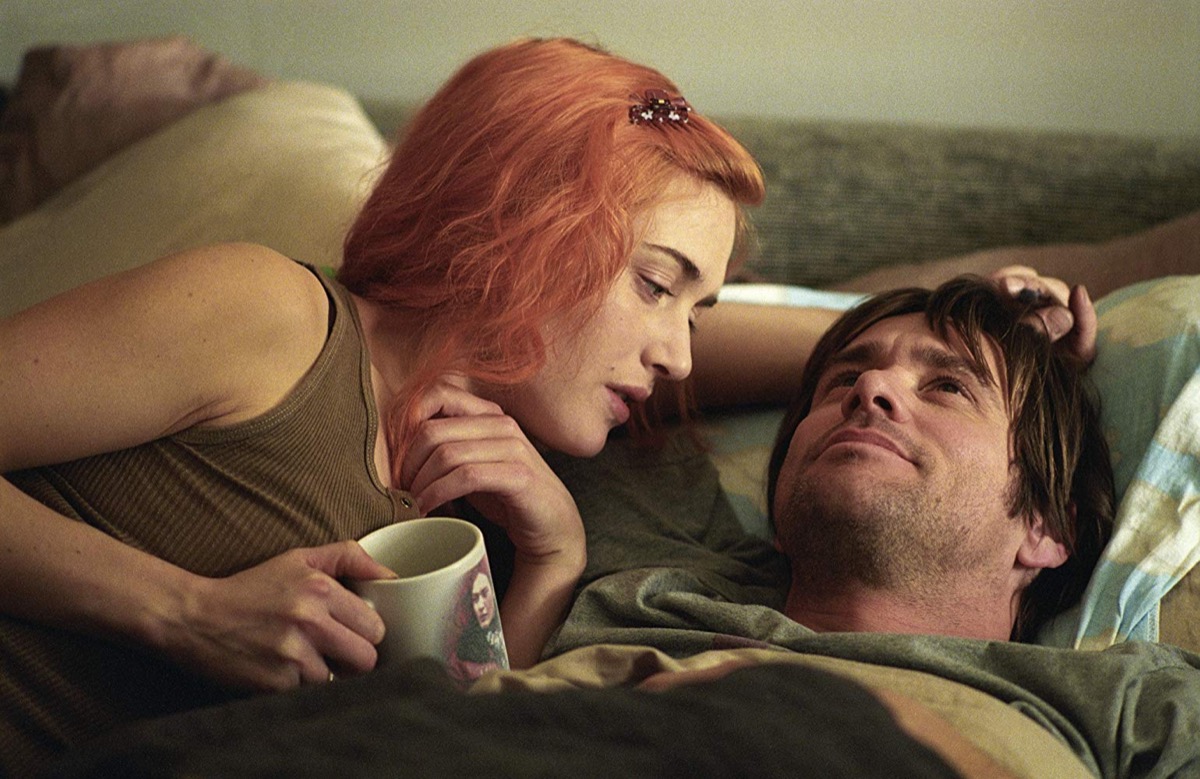
Featuring Jim Carrey's finest (and most understated) performance, Eternal Sunshine is a futuristic romance about two people who fall out of love, have their memories of each other erased, and then find each other for a second time.
The most misunderstood and hotly contested moment is that final scene, where Joel (Carrey) and Clementine (Kate Winslet) both argue about whether they should stay together, and their final words to each other are, "Okay."
But is it "okay" as in "you're right, this is over," or "okay" as in "okay, we'll give it a final shot?" And then there's the final montage of the two (former?) lovers chasing each other into a white haze, repeated on a constant loop. Is it the most depressing ending ever, or the most optimistic? Are they doomed to repeat their mistakes, or is repeating their mistakes exactly the point of love? The Internet is filled with theories and discussions about that final moment means and if it's hopeful or deeply pessimistic. The mystery of it, the fact that we might never truly know, could be entirely the point.
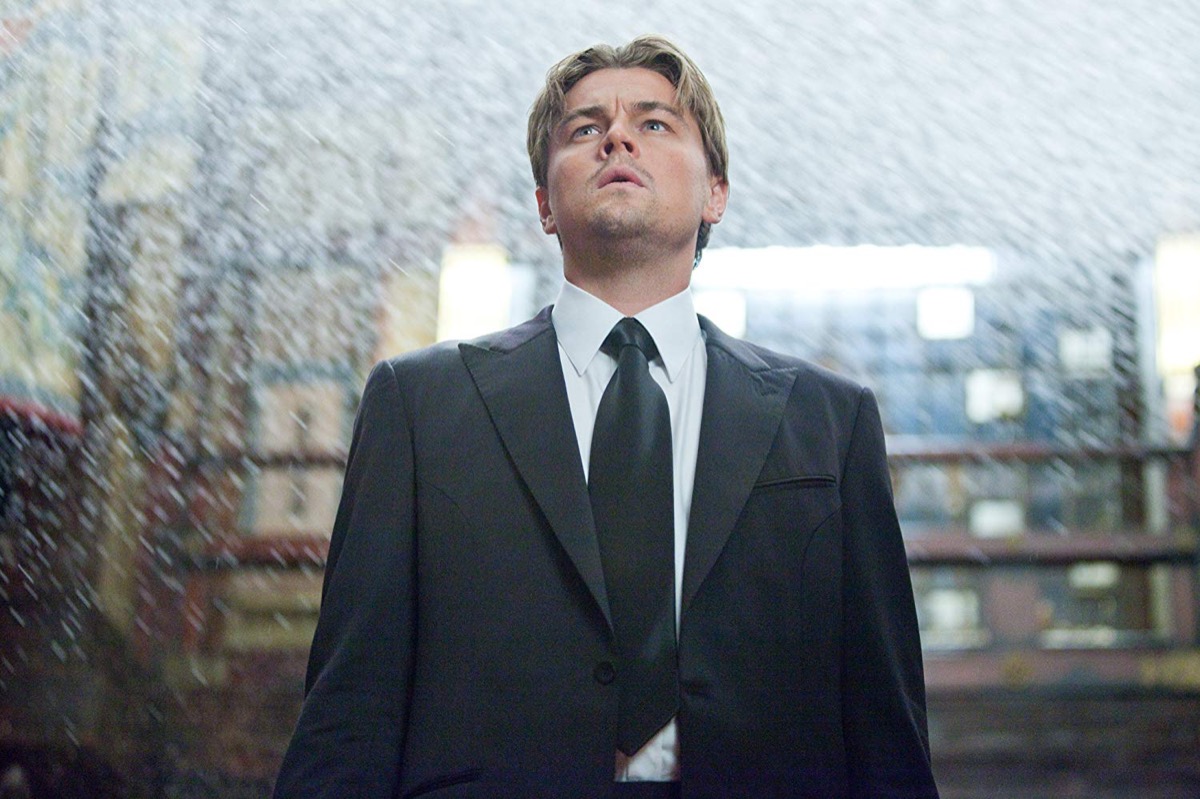
The final scene in Christopher Nolan's Inception, starring Leonardo DiCaprio, has been one of the most hotly debated in film history. When Dom Cobb (DiCaprio) returns to his home and is reunited with his children after years of exile, he uses his "totem", a spinning top that helps him distinguish between the real and dream world, to decide if what he's seeing is, you know… real.
The totem keep spinning, implying that he's still in a dream. Or is he? Audiences have been arguing about it for years, determined to come to a consensus about what really happened. But not knowing what really happened might be the entire point. As Nolan has said in interviews, that final scene was really about "imposing an ambiguity from outside the film." What it means just might be whatever you think it means.
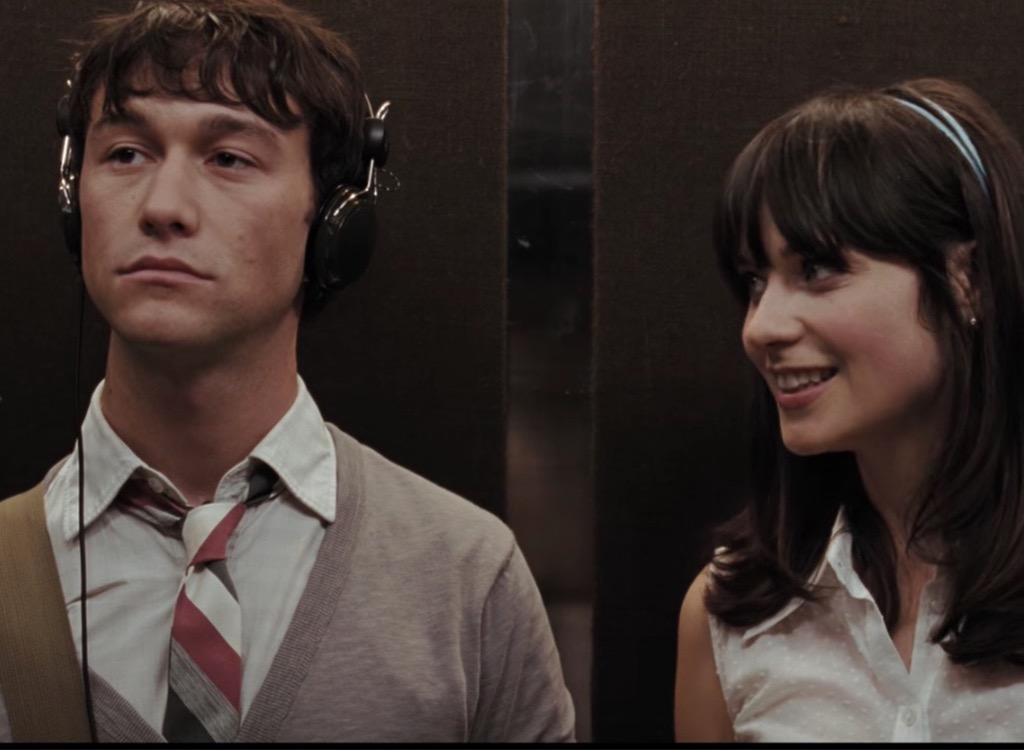
It's not hard to understand why this 2009 movie, starring Joseph Gordon-Levitt and Zooey Deschanel, has confused so many people. On the surface, it sure seems to follow the basic formula of an indie romantic comedy. As the first line of the movie tells us, "This is a story of boy meets girl." But in this case, the girl isn't all that interested in a romantic relationship with the boy, and that's where the problem starts.
Is this a love story of a guy trying to make sense of why a girl doesn't want him anymore, or a guy refusing to take no for an answer? "I would encourage anyone who has a crush on my character to watch it again and examine how selfish he is," Gordon-Levitt has said in an interview. "He develops a mildly delusional obsession over a girl onto whom he projects all these fantasies."
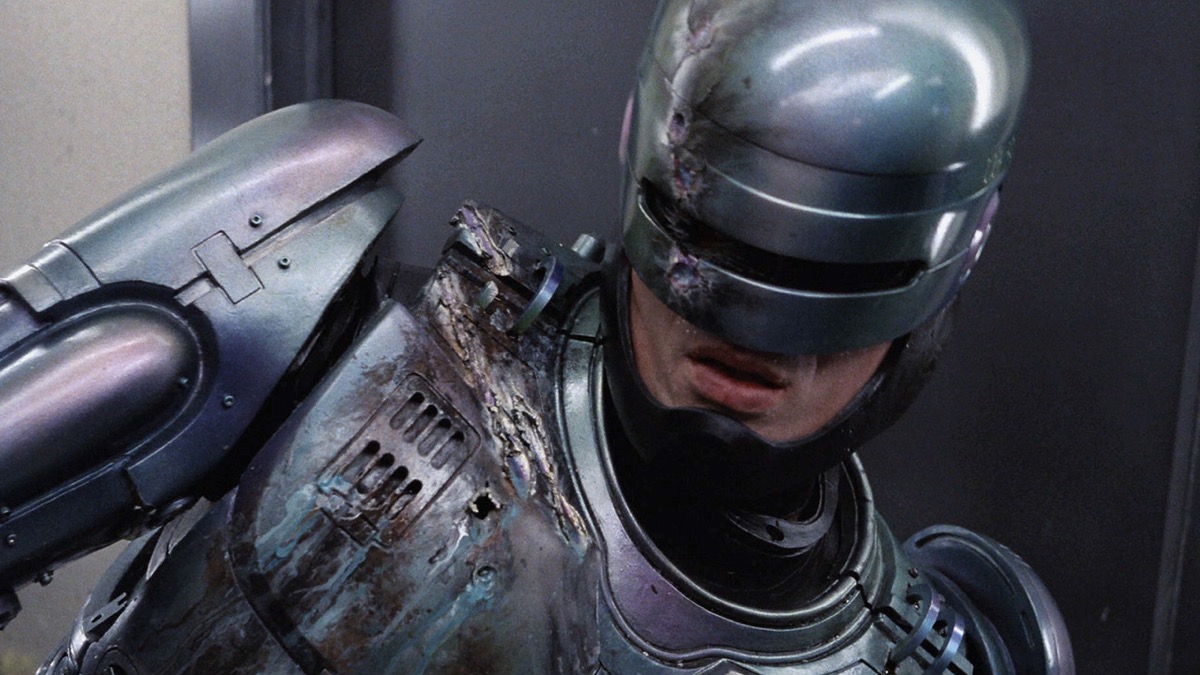
The 1987 action thriller by director Paul Verhoeven—yes, it's not the first time he's been on this list and it won't be the last—seems pretty cut and dried. A cop is killed in the line of duty and gets turned into a crime-fighting cyborg. Simple enough, right? Not according to Verhoeven, who said in an interview that Robocop is really an "American Jesus".
We're not kidding. "It is about a guy that gets crucified after fifty minutes," Verhoeven explained. "Then is resurrected in the next fifty minutes and then is like the supercop of the world." So, there you go. Mystery solved. It's about Jesus… as a robotic, remorseless cop. Makes… sense… right?
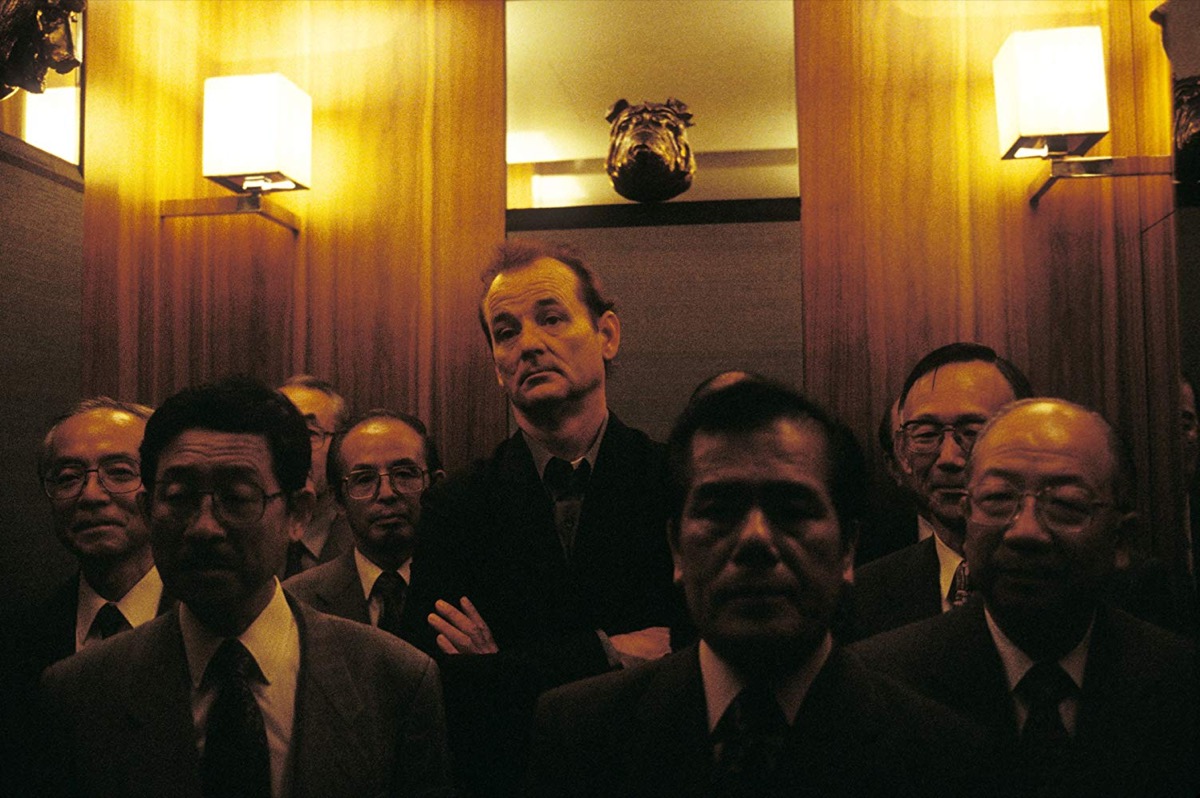
It's one of the great unheard lines of dialogue in cinema. What exactly did Bob Harris (Bill Murray) whisper to newlywed Charlotte (Scarlett Johansson) at the end of Lost In Translation? Everybody has their theories and most of them are pretty romantic. And why not? The whole movie is about two characters fighting against their obvious chemistry.
Whatever was said between them, it had to be some confession of unrequited love, or promises to see each other in the future. As it turns out, none of that is true. Or maybe all of it is. As director Sofia Coppola explained in an interview, "That thing Bill whispers to Scarlett was never intended to be anything. I was going to figure out later what to say and add it in and then we never did. People always ask me what's said. I always like Bill's answer: that it's between lovers—so I'll leave it at that."
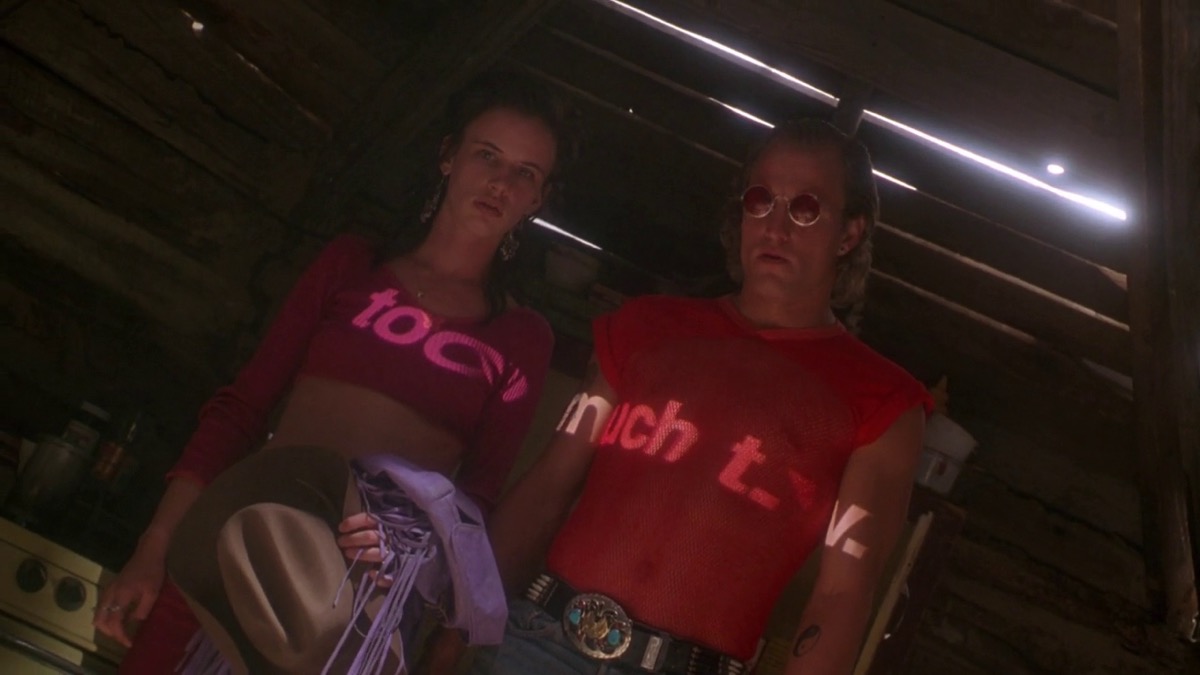
Natural Born Killers continues what seems to be a recurring theme on this list: Films accused of glorifying violence when they're actually doing the exact opposite. Written by Quentin Tarantino and directed by Oliver Stone, this movie follows the violent exploits of serial killers/lovers Mickey (Woody Harrelson) and Mallory (Juliette Lewis), and some critics complained that it "degenerates into the very thing it criticizes."
But this bloody epic wasn't about criticism so much as a wild satire of celebrity culture and tabloid media. By the end, it was hard to differentiate between the good guys and the bad, or the carnage and the entertainment. Becoming the thing it criticized, as we eventually learned (at least if you watched it enough times), was entirely the point.
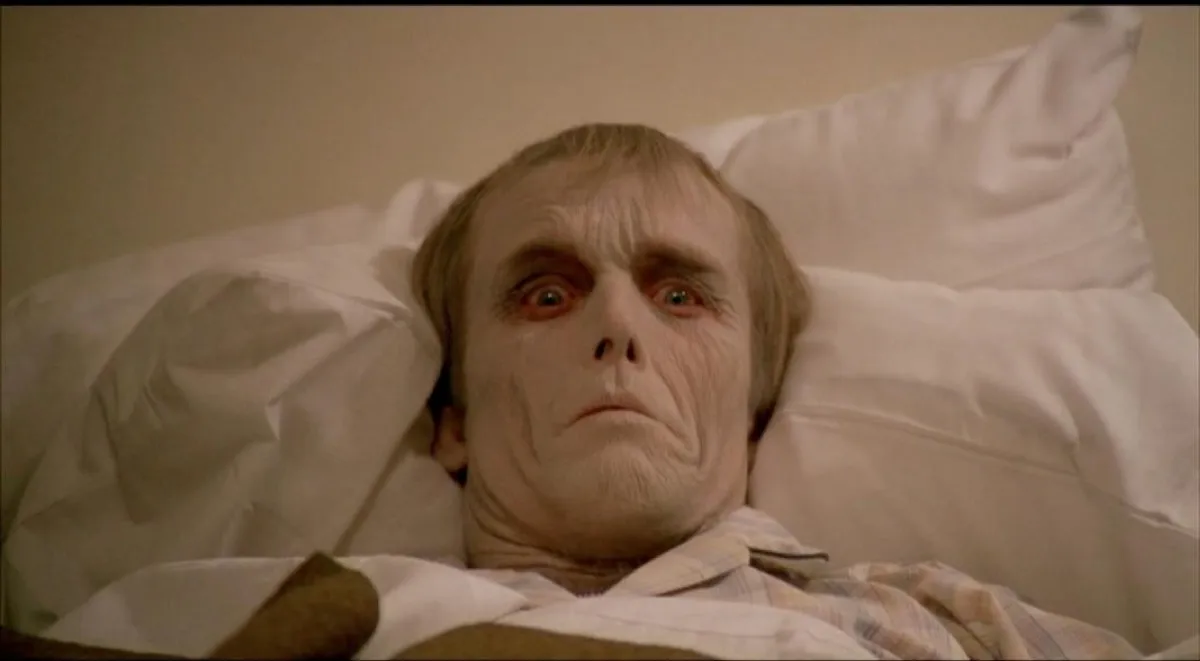
George Romero was the master of zombie movies—his 1968 masterpiece, Night of the Living Dead, is still considered a defining achievement of the genre—so it's no surprise that most audiences watched a movie like Dawn of the Dead and thought, "Yep, just another movie about the undead rising from the graves and tormenting the living." Not even close. It's one big zombie metaphor for our mindless consumer culture. There's a reason it's set in a mall, where the four humans hide as zombie roam the hallways between long-abandoned shops. "They don't know why," one of the living says of the zombie customers. "They just remember. Remember that they want to be in here."
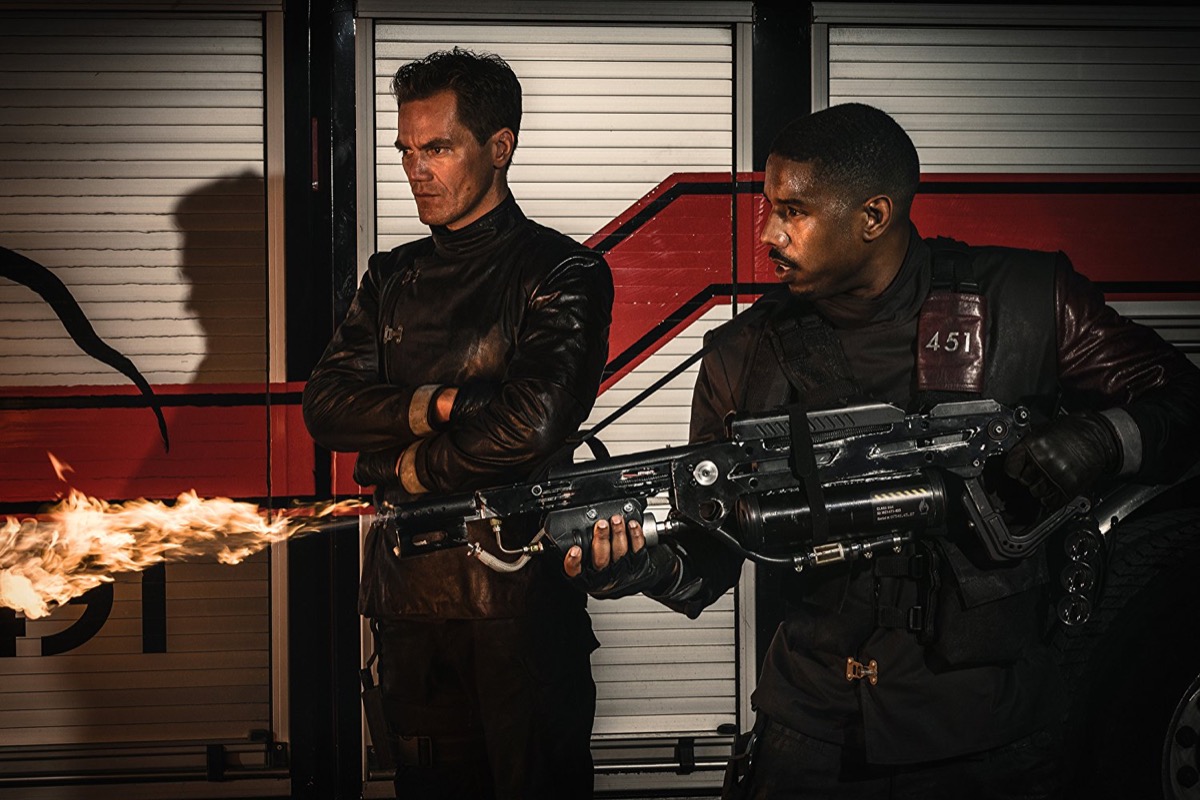
If you saw the latest film adaptation of the Ray Bradbury classic—this one starring Michael B. Jordan and Michael Shannon—you likely had the same misinterpretation that every high school student forced to read the 1953 Ray Bradbury novel did: It's about government censorship.
Ahh, but not so fast. As LA Weekly reported more than a decade ago, Bradbury himself tried to clarify that Fahrenheit 451 is not "a story about government censorship. Nor was it a response to Senator Joseph McCarthy, whose investigations had already instilled fear and stifled the creativity of thousands." So what is it about? By the author's own account, it's a story "about how television destroys interest in reading literature." Suddenly all that book burning makes a lot more sense, doesn't it?
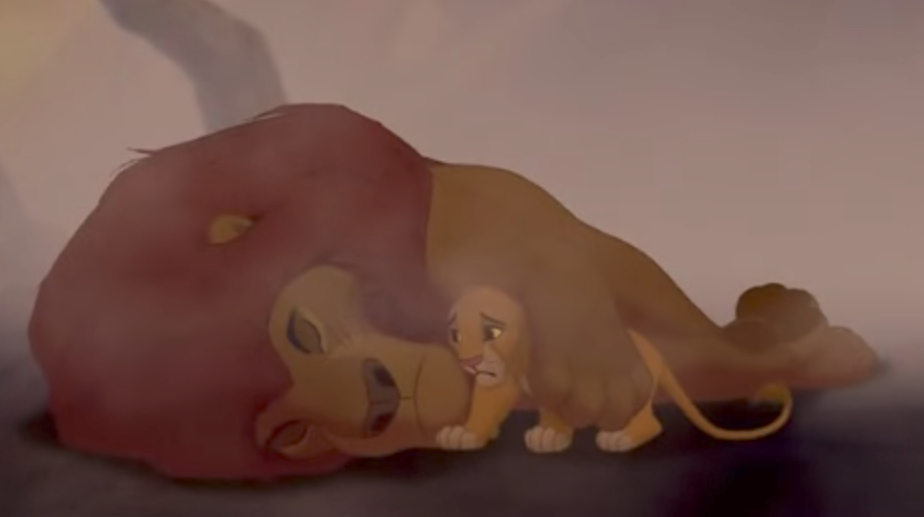
When you mention the 1994 Disney classic The Lion King, the first thing that comes to anyone's mind is the song "Hakuna Matata." You remember that song, right? Just reading the name was probably enough to make you start humming the melody. Which is ironic, because the premise of that song contradicts the entire message of the movie.
It is not about having a problem-free philosophy. Quite the opposite, in fact. This is a movie about facing the hard realities, taking responsibility even when you don't feel ready for it. That's literally Simba's entire journey. So in other words, if you associate The Lion King with "no worries for the rest of your days," you have completely missed the point. (You did, however, get the point of one musical scene, which occurs long before Simba matures into a responsible lion.)
![[slidetitle num="6"]Your Ideal Man or Woman Is from Another Decade[/slidetitle] Maybe they're just long gone, or even fictional, but you long for the chivalry and glamour seemingly espoused by older generations. There's a reason why George Clooney and Scarlett Johansson, as the respective male and female embodiments of Old Hollywood, continue to be revered as the ideal man and woman. It helps that movie stars from the '60s and '70s have aged impeccably well and can really rock an outfit.](https://bestlifeonline.com/wp-content/uploads/sites/3/2018/07/casabogietux-cl1-jkt1.jpg?quality=82&strip=all)
The American Film Institute picked it as the number one greatest love stories ever told on screen. And it's certainly full of plenty of mushy dialogue that wouldn't sound out of place in a modern rom-com. ("Was that bombs or just my heart beating?" I mean, c'mon!) But actually, this isn't a movie about the romance between Rick (Humphrey Bogart) and Ilsa (Ingrid Bergman). There is a romance in it, but that's like saying Jaws is about the relationship between Roy Scheider and his wife.
No, Casablanca is really a tale of neutrality, and when it's important to take sides. Remember, the movie was released when the United States had not yet entered the Second World War, even though Nazi Germany was not exactly hiding their true nature. Casablanca is about one man's struggle to remain impartial when everything in him is telling him it's time to join with the good guys. And for more facts about your favorite films, check out the 50 Original Titles for Hit Movies We're So Glad Didn't Happen.
To discover more amazing secrets about living your best life, click here to follow us on Instagram!


